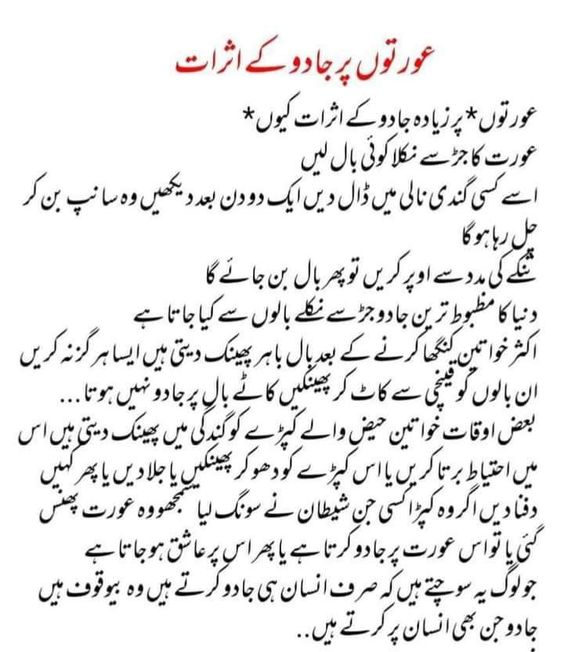Yet this bias disappears once an audience is asked to think more critically about the tricks themselves by trying to figure out their own solutions. Psychologists conclude that it is more difficult to evaluate a trick negatively, whoever it is performed by, if you struggle to explain it yourself.
The study was led by Pascal Gygax from the University of Fribourg, with co-authors including Dr Gustav Kuhn at Goldsmiths, University of London. A report of the research has been published in the open access journal Social Psychology Bulletin.
Study participants were shown close-up videos of 14 magic tricks. Only the hands and arms of the magician presenting the tricks were visible. The figure wore white gloves and long sleeves which prevented participants identifying cues about whether they were male or female.
The performer was introduced to half the participants as ‘Nathalie’ and to half the participants as a ‘Nicolas’. Those who believed they were seeing tricks performed by ‘Nathalie’ rated them more negatively, and less impressive, than those who believed they were watching tricks performed by ‘Nicolas’.
When a second set of participants were shown the same tricks on video they were also asked if they could try and explain how the trick was done. During this experiment, the gender difference in ‘Nicolas’ and ‘Nathalie’s’ evaluations disappeared.
These results suggest that once you ask people to think more analytically about a person’s skills, prejudice is reduced or even eliminated.
The study argues that entrenched biases in wider society, such as stereotypes about women being weak or less in-control, could partly explain why people appear to prefer magic when they believe it is being performed by a man.
These findings align with similar research in the fields of mathematics, and computer skills, for example. Research in recent decades has also found that people are more critical when evaluating academic writing by women than by men, and the effect is bigger when the articles are written in male-dominated fields such as law, or city planning.

Magician and Reader in Psychology at Goldsmiths, Dr Gustav Kuhn, said:
“The predominance of men in magic has a long history. Women who performed magic were associated with witchcraft and punished for centuries, and later women are relegated to the role of ‘glamorous assistant’ to a male magician, with female magicians also denied entry to the industry’s secretive organisations.
“Some people have internalised the idea that there are more male magicians because they’re better or more competent than female ones. This shows how the pernicious effects of stereotypes lead to prejudiced evaluations in all walks of life.